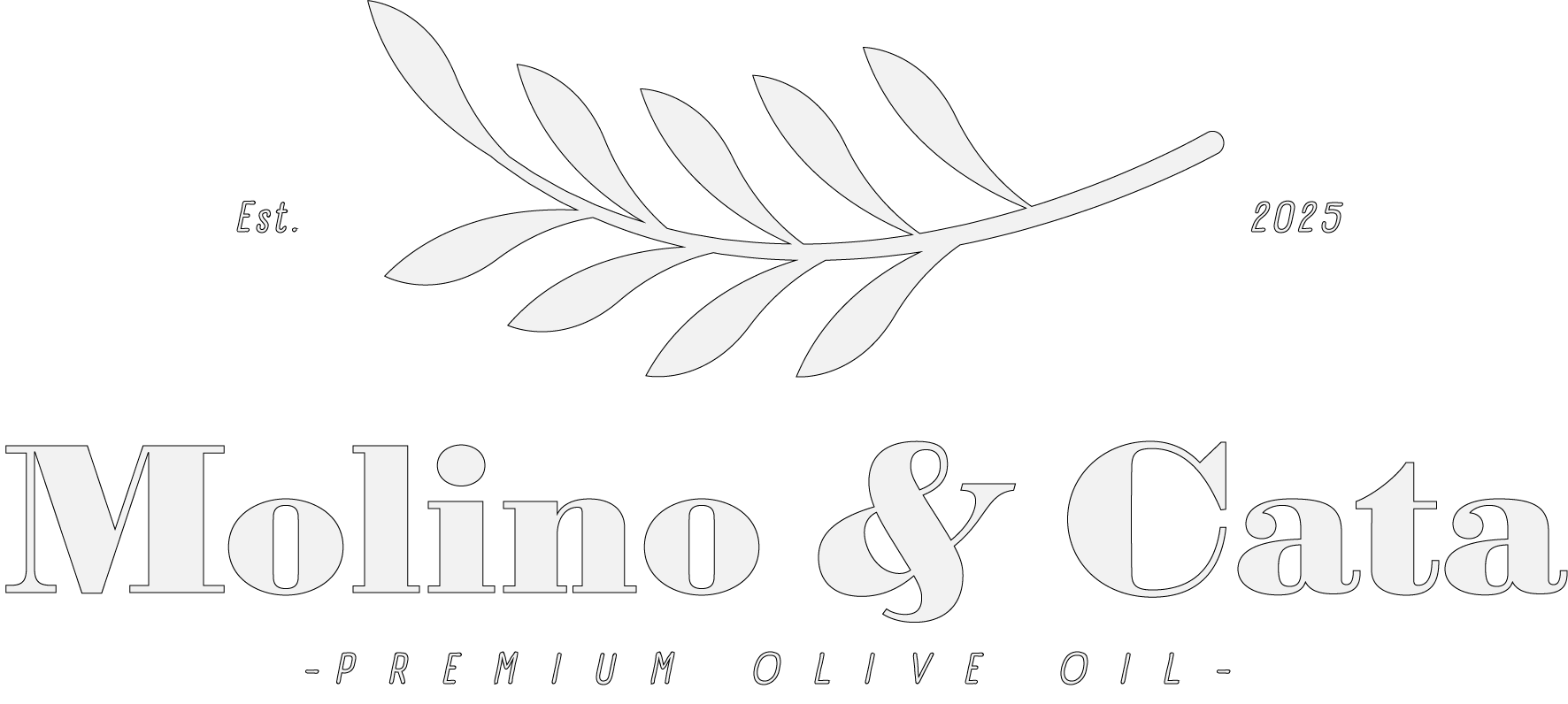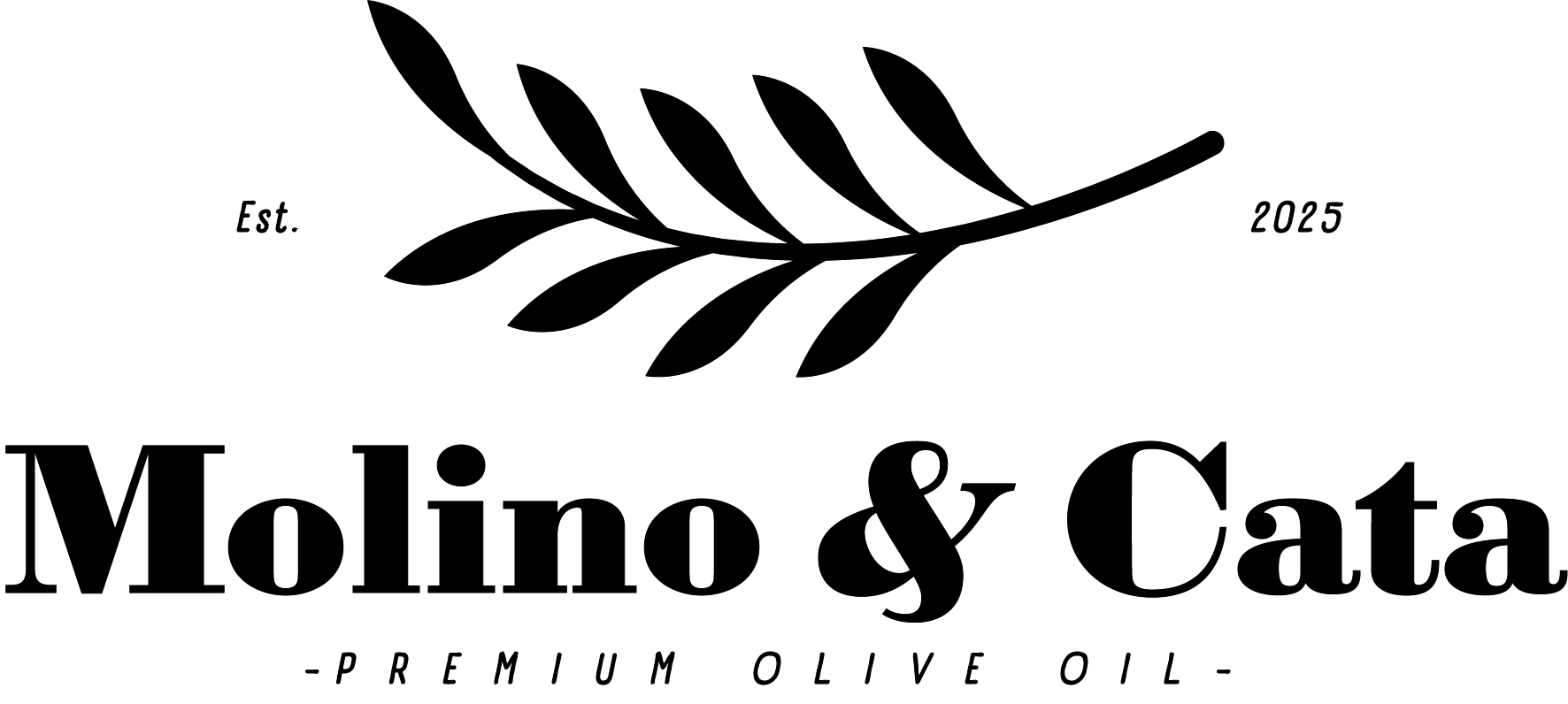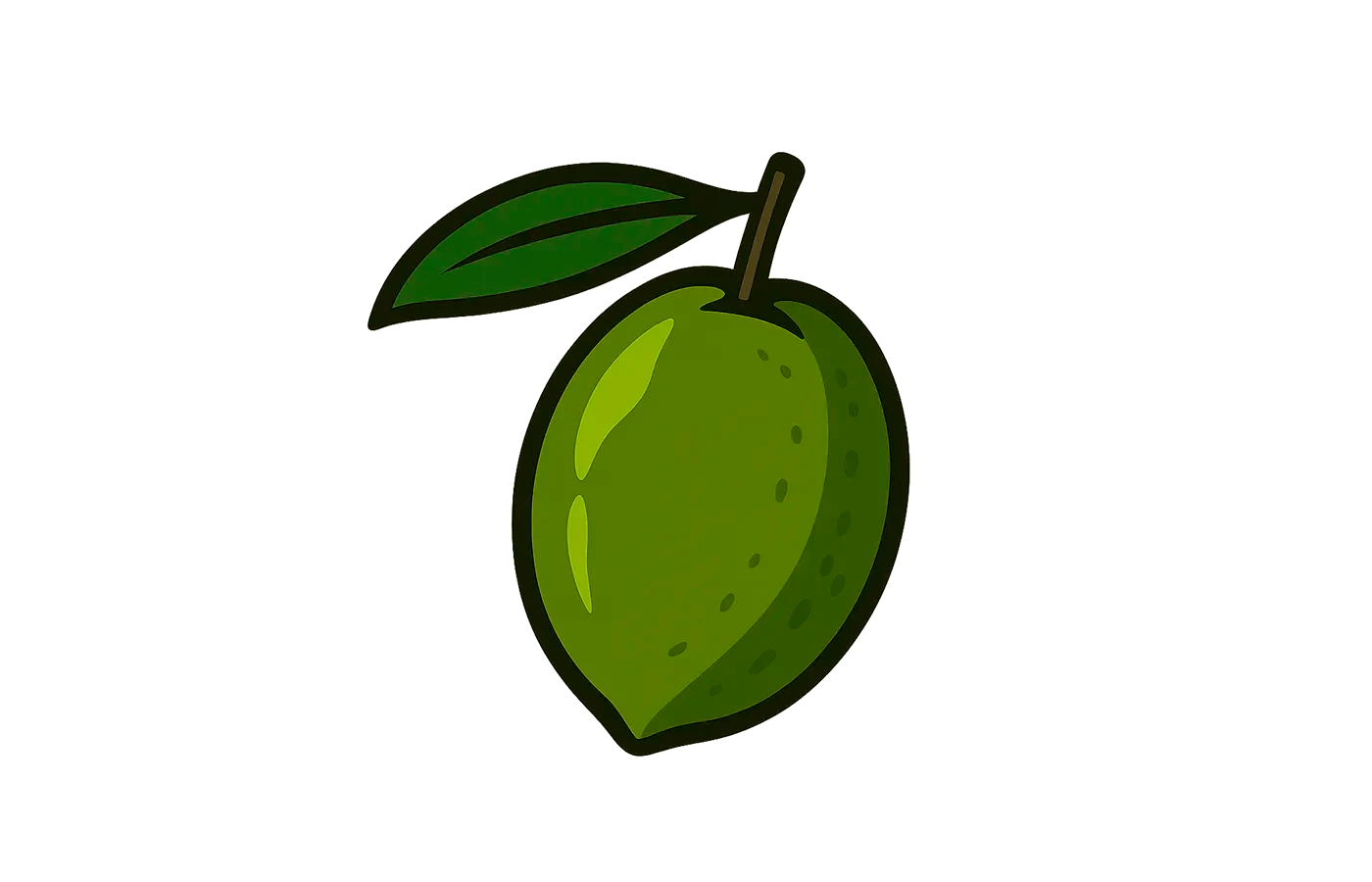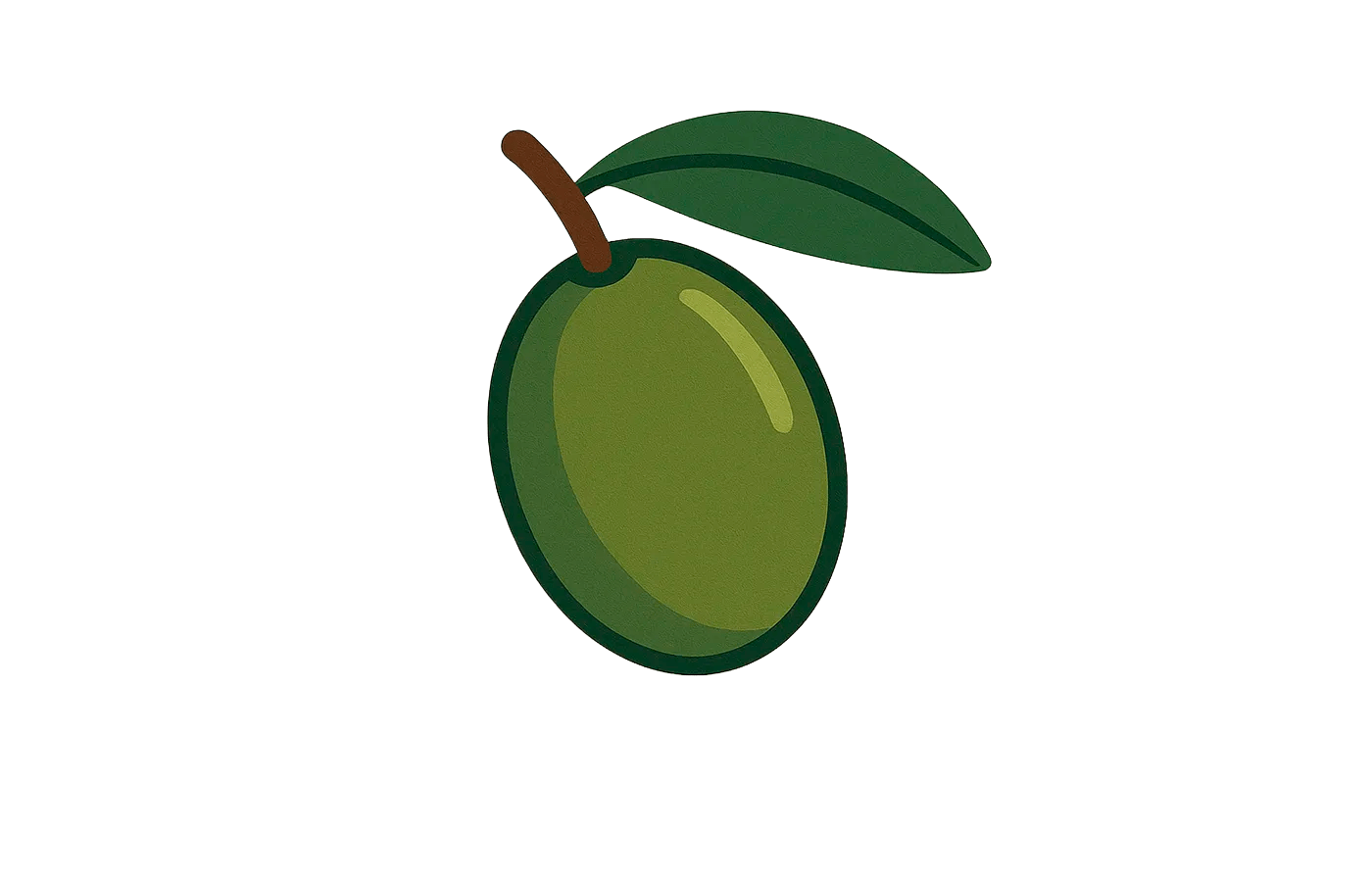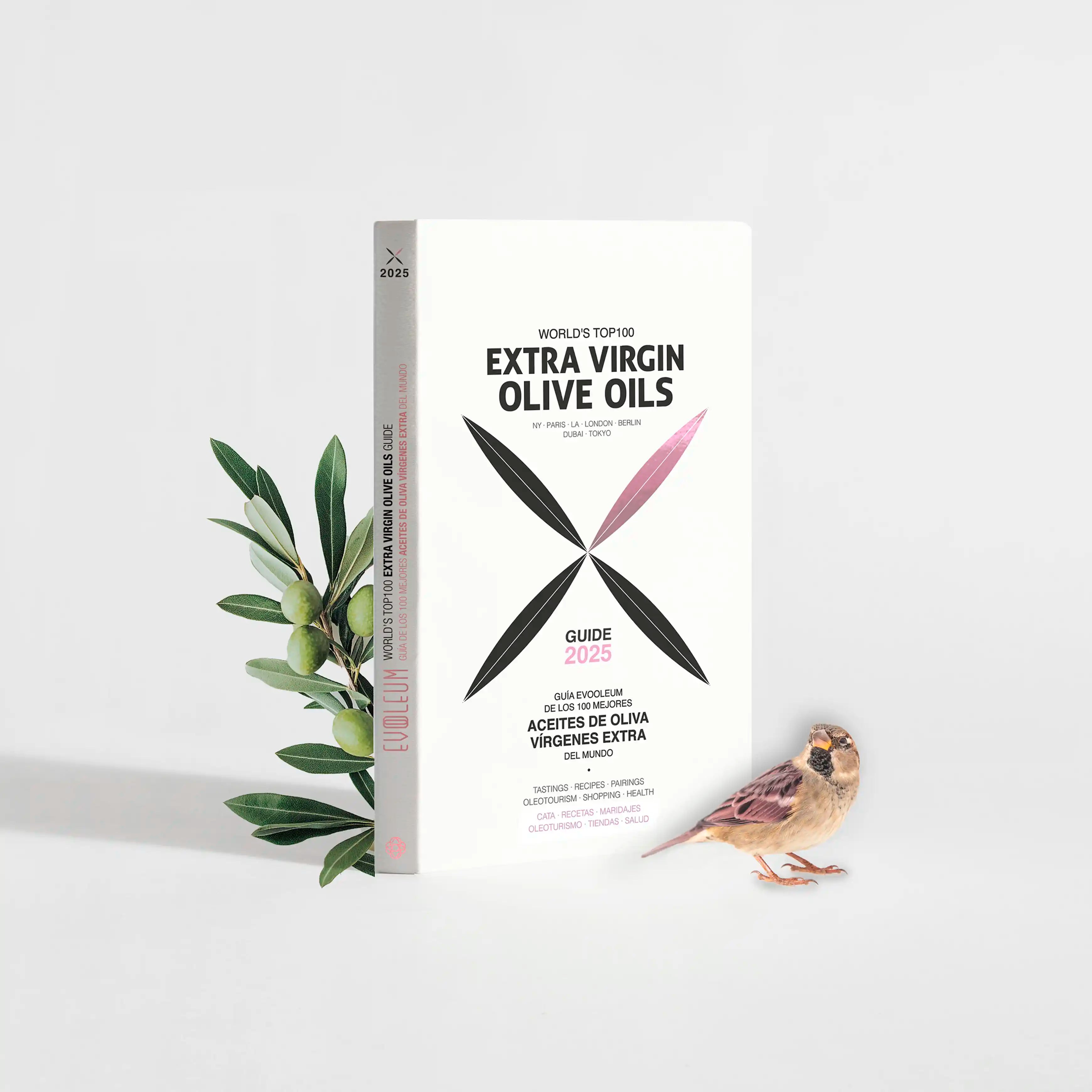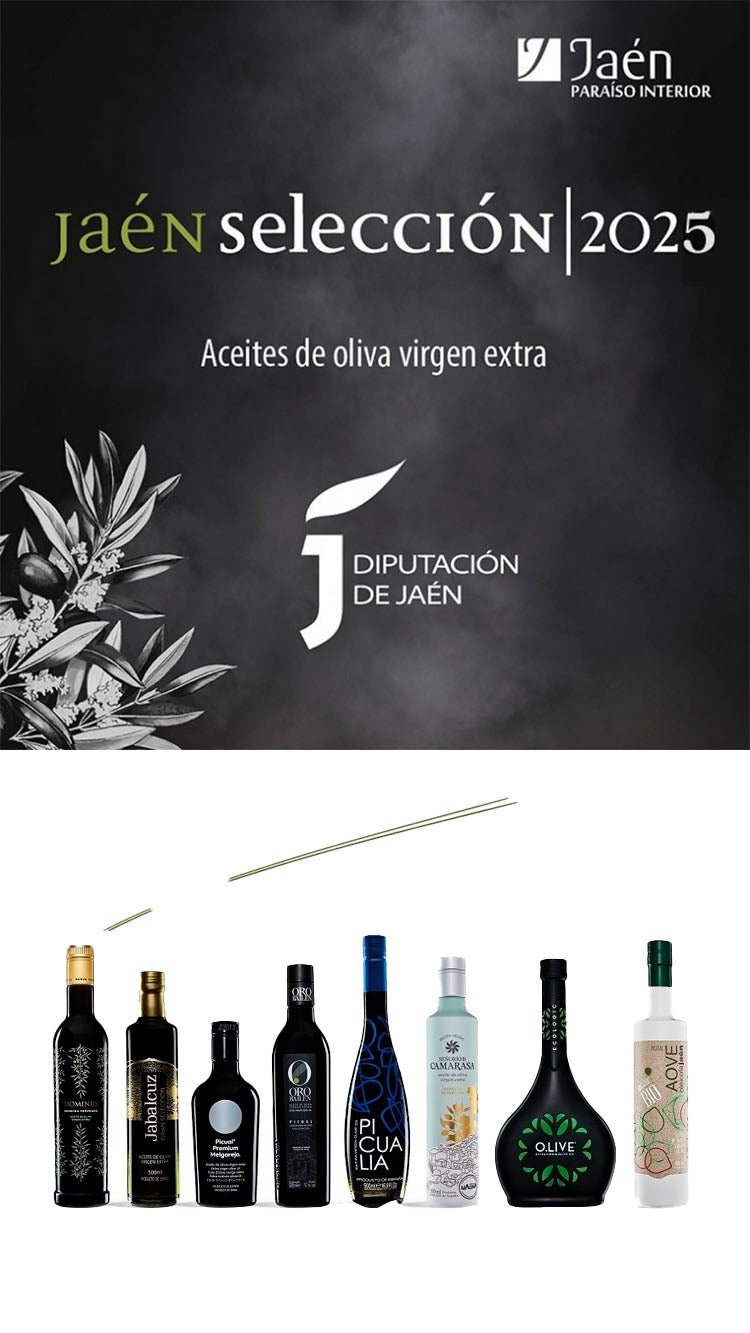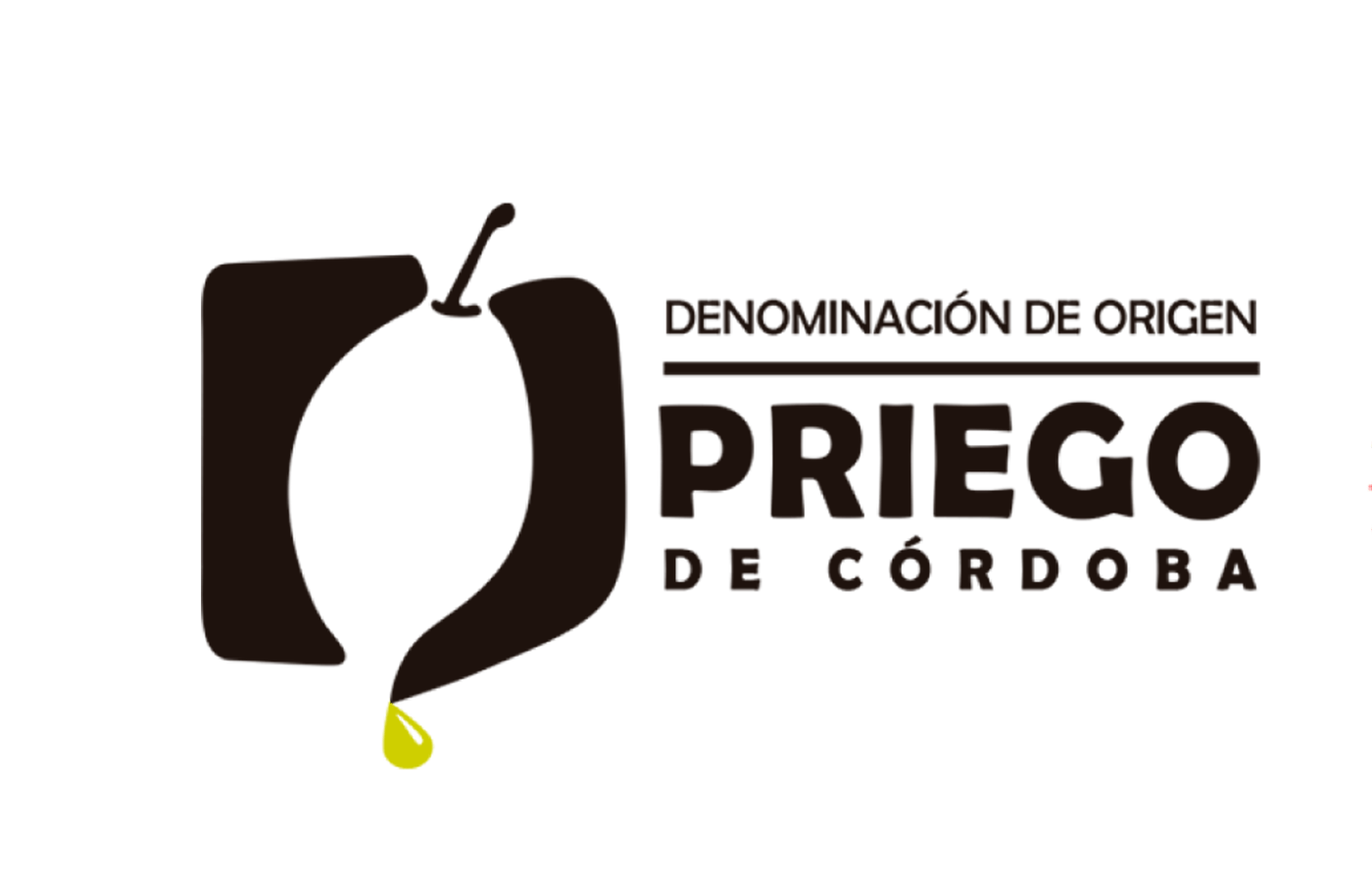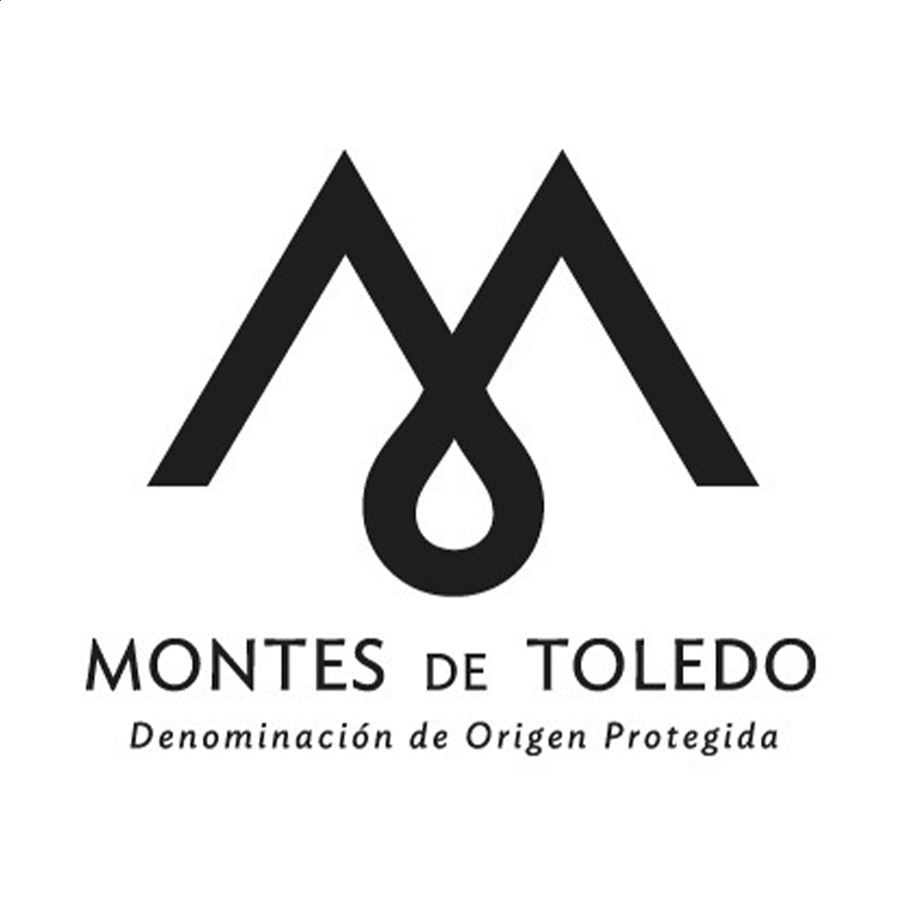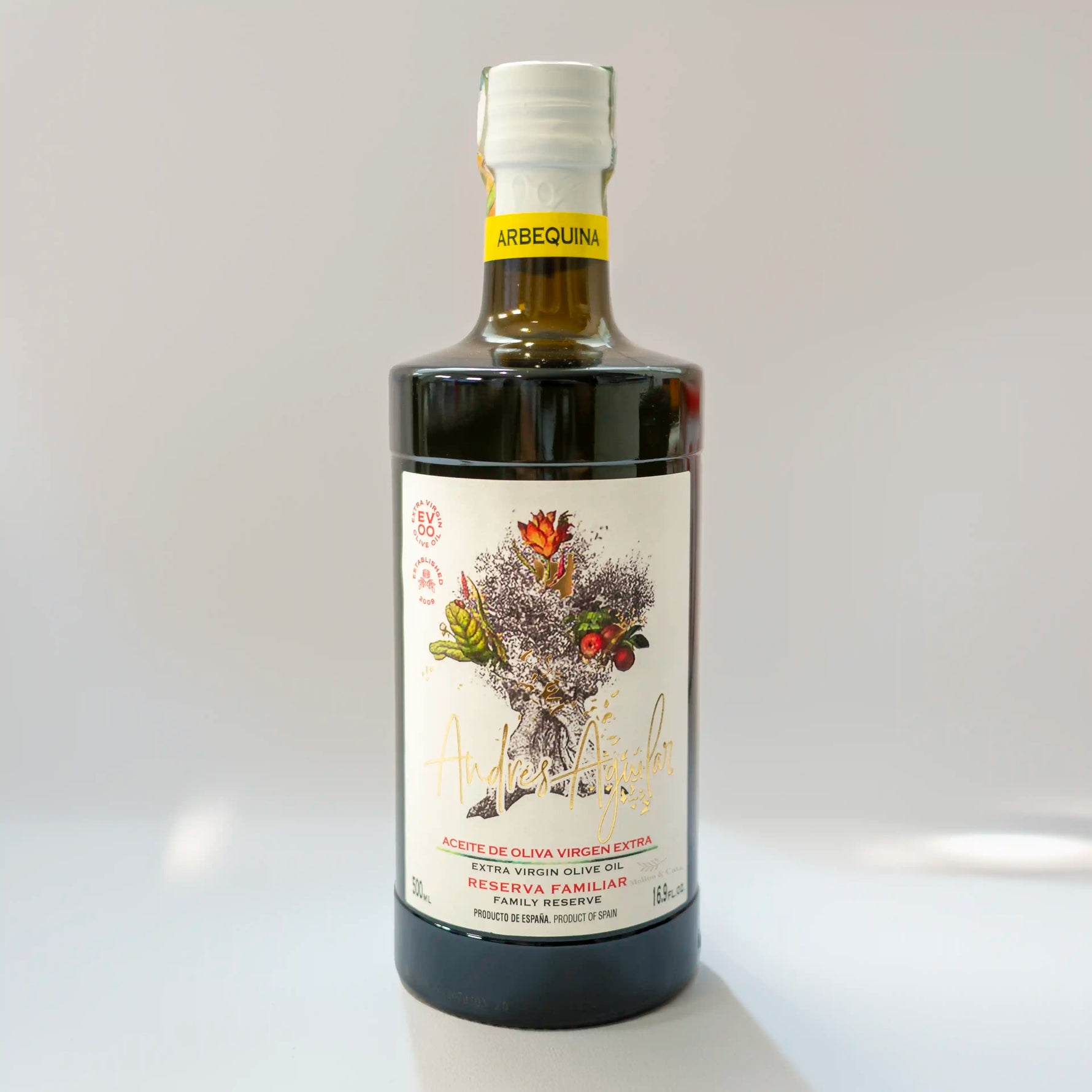
Andrés Aguilar
Andrés Aguilar Arbequina
17,00€
Unit price 34,00€ per lIn stock - Ready to be shipped
Entrega estimada entre November 27 y November 29. Completa tu pedido antes de .
I can only say one thing about Andrés Aguilar: gratitude. He was the first oil mill I spoke to when we started this project, and he made himself available to us for anything we needed, without any strings attached.
It's no surprise that it was part of our first Starter Pack, because in addition to great people, they have excellent products. We know this firsthand because during the production period, Andrés Aguilar was our second home.
This isn't an oil you can find just anywhere. In fact, as far as I know, you can only find it in three places: at their Almazara, at Paraíso Virgen Extra in Jaén, and here at Molino y Cata.
If you decide to visit them, they're located next to the Linares south exit off the A-32 highway. Tell them you're coming from us.
Paga con
Tu compra está protegida con medidas de seguridad avanzadas para mantener tu información privada
Tabla de Información nutricional
Valor por cada
100g
* Valor de referencia de nutrientes
Opiniones sobre Andrés Aguilar Arbequina
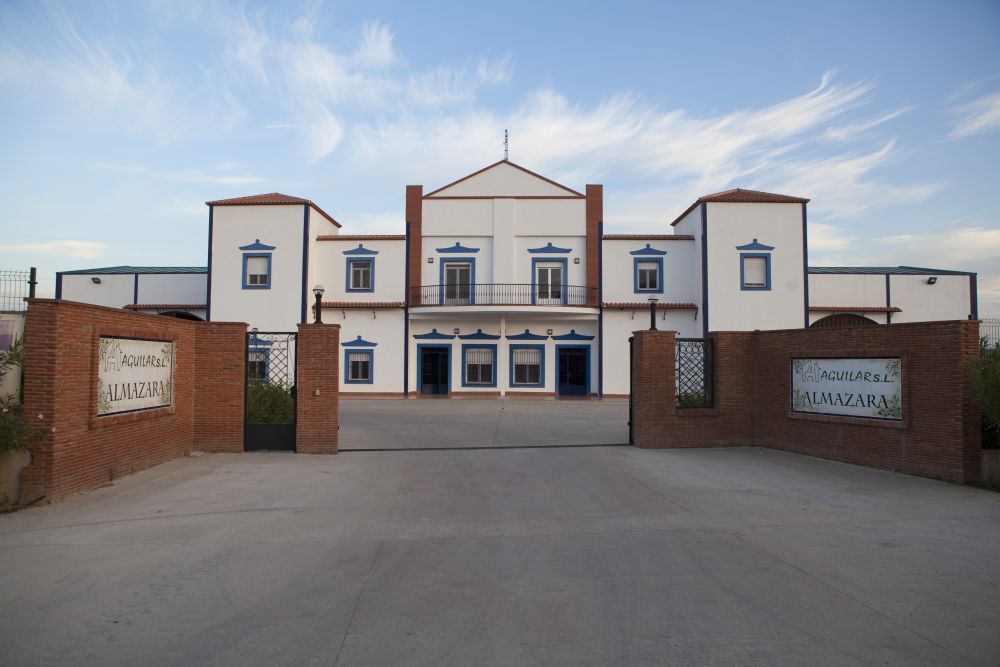
Sobre el productor
Andrés Aguilar Agricultural Holdings SL

Sobre la variedad
Aceituna Arbequina
Preguntas Frecuentes
Sobre Andrés Aguilar Arbequina
Este aceite de oliva virgen extra Premium es de la variedad Arbequina
Andrés Aguilar Arbequina se elabora por Andrés Aguilar Agricultural Holdings SL
Nos dedicamos exclusivamente al Aceite de Oliva Virgen Extra, aunque en ocasiones introducimos algunos productos complementarios a petición de nuestros clientes.
En este enlace puede ver todos los Aceites de Oliva Virgen Extra.
Sí. Todos nuestro productos disfrutan de envío gratuito si cumplen con el pedido mínimo. Para envíos a Baleares, Canarias, Ceuta y Melilla aplica un sobreprecio.
Sí.
No vendemos nada de campañas anteriores. Durante el periodo de transición a la nueva campaña (Octubre y Noviembre) vamos retirando todos los que quedan de campañas anteriores para introducir los nuevos.
Puedes comprobar la campaña del aceite en la descripción y las etiquetas. Si quieres, también puedes esperar a que tengamos los de nueva campaña.
Sí, una vez que esté listo, recibirás un correo de nuestro proveedor logístico para indicarte que compañía realizará la entrega y cual es la fecha estimada.
Aceptamos pagos por tarjeta, Paypal y otros veinte procesadores de pago. Si necesitas realizar un pedido para pagar por transferencia bancaria ponte en contacto con nosotros.
Una vez que está en el operador logístico, el plazo de entrega es de 1 a 3 días hábiles dependiendo de la opción que hayas elegido. Para envíos fuera de España el plazo es de 3 a 10 días, dependiendo de la opción elegida.
